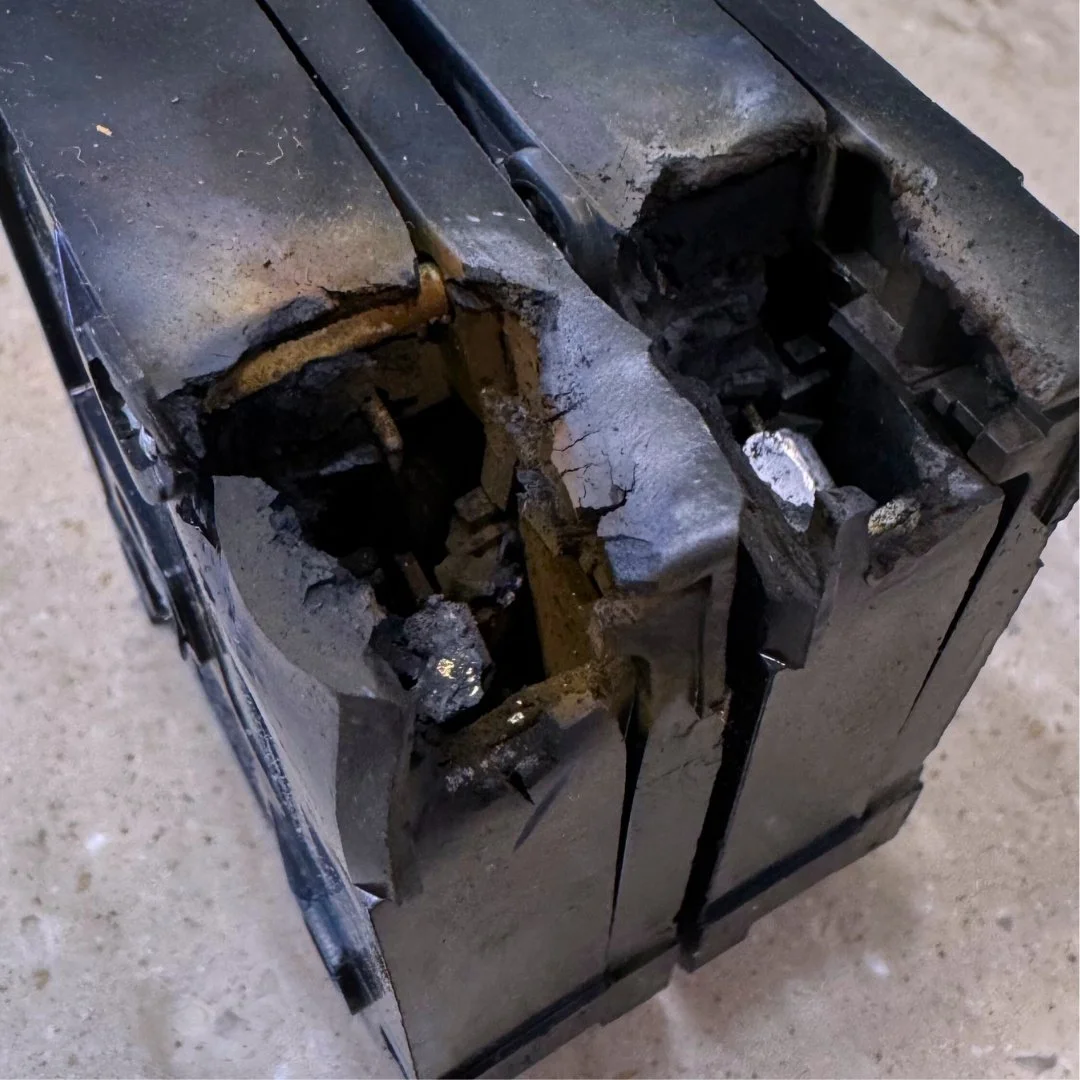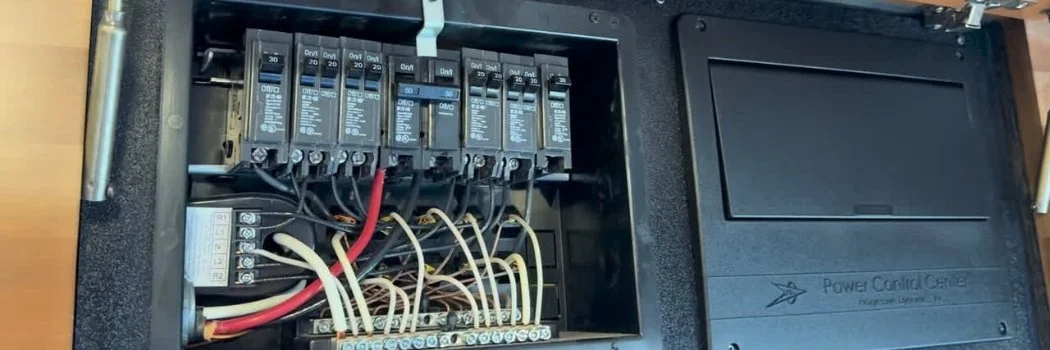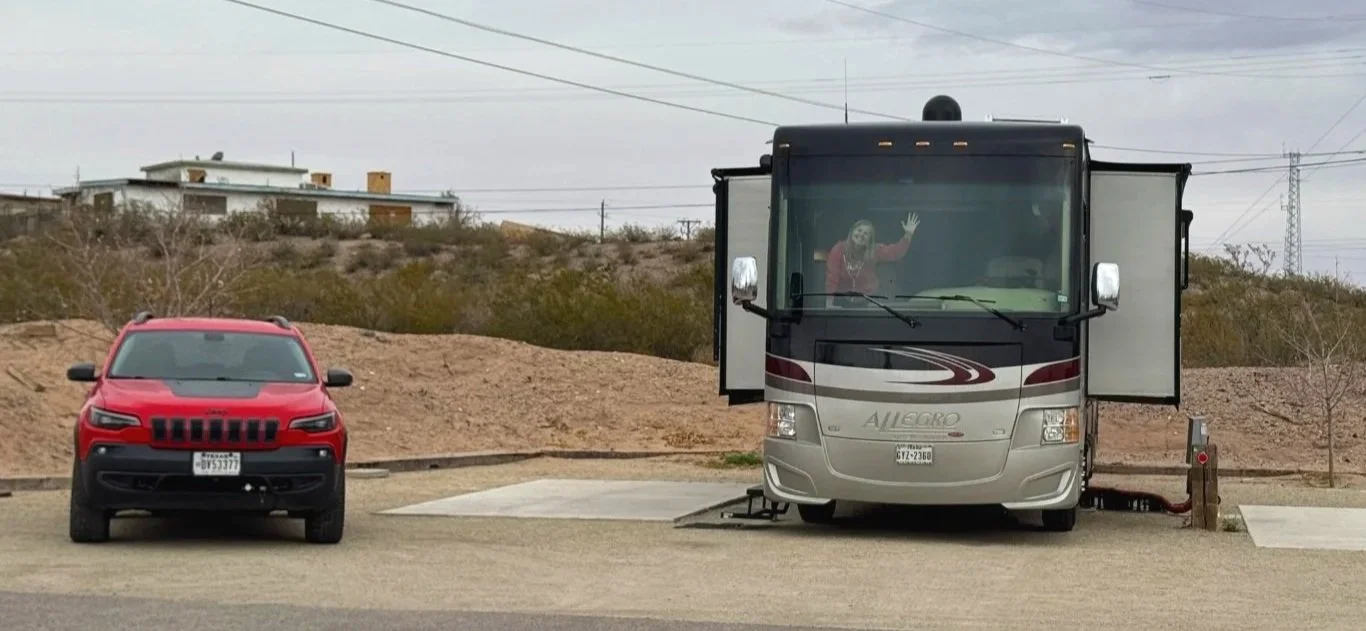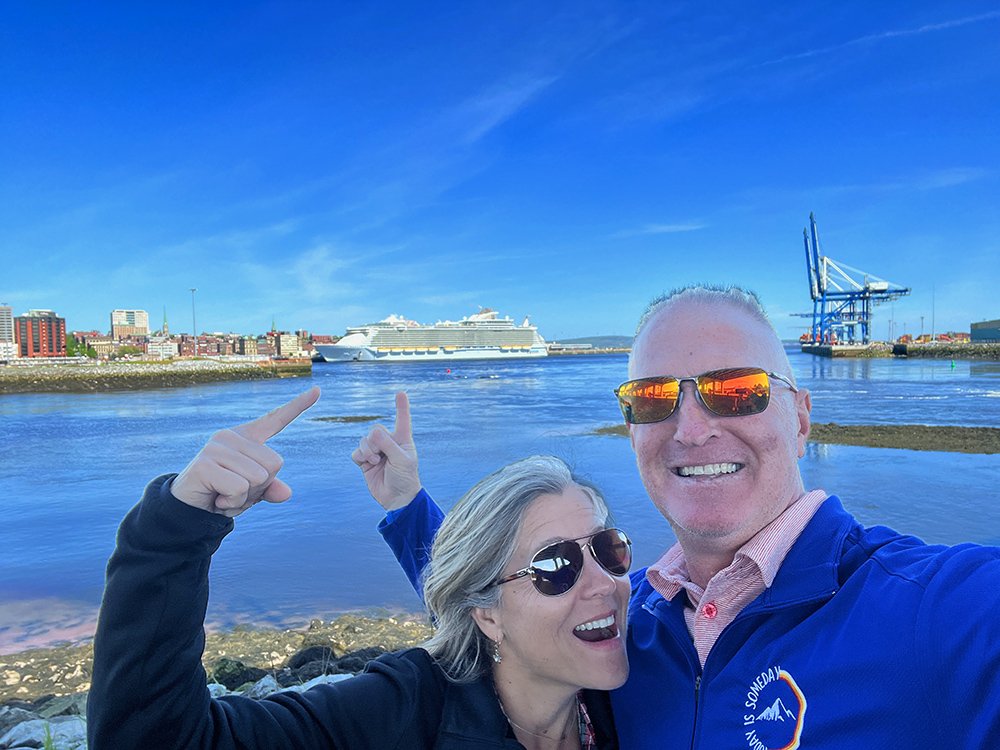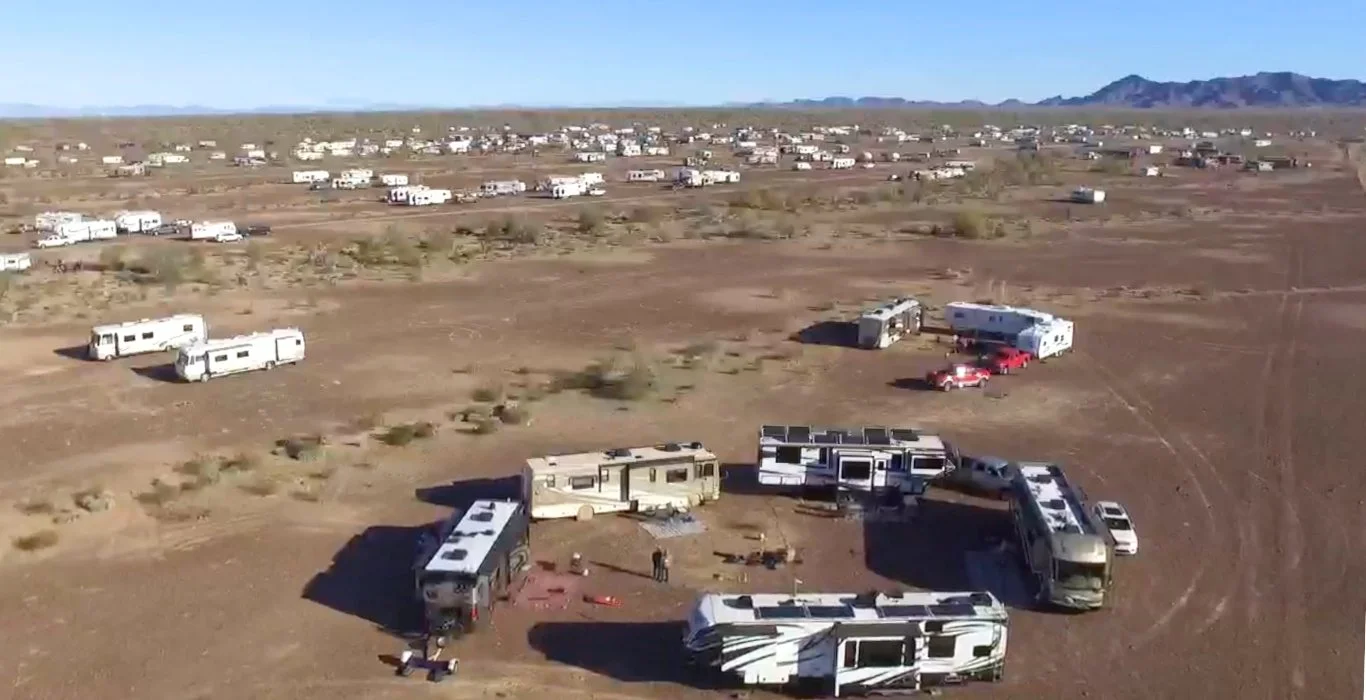The Hidden Dangers of Portable Heaters in Your RV
Disclosure: The links below may be affiliate links that are at no additional cost to you. When you use our links, we may earn some extra beer money, but it won’t be enough for Phil’s ice cream habit or a batch of Stacy’s famous margaritas (recipe here).
Thank you Scott & Christina for sharing your story!
Our friends have been using a portable electric heater for a while. Last night, they heard sizzling and popping. When they checked their fuse box, it had melted and nearly started a fire. They immediately called an electrician. His first question was are you using an electric heater. Unfortunately, he sees this all too often in the winter.
While portable heaters may seem like a quick fix for staying warm in your RV, they can be very dangerous. Here’s why using one can overload your RV's electrical system and put your safety at risk.
Dangers of portable heaters in RVs
1. RV Outlets Are Different from Home Outlets
One important thing to know is that many RV outlets are 15-amp outlets, which is different from the 20-amp outlets in most homes. This means your RV outlets are designed to handle less power. A portable heater, which can draw a lot of electricity, might exceed the capacity of these outlets, causing them to overheat, blow a fuse, or even catch fire.
2. Too Much Power for the Outlet
When a portable heater is plugged into an outlet that can’t handle the power it requires, the circuit can become overloaded. This leads to fuses blowing or, worst case, a fire in your RV. Simply put, the heater uses more power than the outlet is made to provide, which can strain the entire electrical system in your RV.
3. Overloading Your RV’s Electrical System
Think of your RV’s electrical system like a system of pipes: too much power is like turning the water flow too high, which can cause leaks or breaks. When a portable heater uses too much power, it can overload the system, potentially damaging your wiring or other electrical components.
Who would think plugging in that small heater would make that big impact on your electrical? But those heaters are high-powered and can strain your entire electrical system.
4. The Risk of Fires
When a fuse blows, it’s supposed to protect your RV from electrical damage, but if the fuse doesn’t work quickly enough, it can lead to overheating and fire. Portable heaters, especially older models or ones not designed for RV use, commonly cause electrical fires in RVs.
What does it all mean??
Understanding the label
The label "120V 60Hz 1500W AC only" on a heater gives important information about the electrical requirements:
120V: This is the voltage the device needs to operate, and in the U.S., most RV outlets supply 120 volts.
60Hz: This refers to the frequency of the electrical current (60 Hertz), standard in North America for household power.
1500W: This is the device's power consumption, measured in watts. This heater uses 1500 watts of power when it's running.
AC only: This means the device operates on alternating current (AC), which is the type of electricity supplied by outlets in your RV and home.
How Does This Compare to a 15-Amp rv Outlet?
A standard 15-amp outlet in your RV can deliver a maximum of 1800 watts of power (since 120V × 15 amps = 1800 watts).
So, a 1500W heater is close to the maximum limit for a 15-amp outlet. If you’re running the heater with other devices on the same outlet, you could easily overload the circuit, especially if you exceed the 1800-watt total capacity.
It’s important to remember that the heater might draw even more power when it first turns on or if it has a high startup wattage. This can overload the outlet without other appliances.
What’s the Risk?
If you use a 1500W heater on a 15-amp outlet, you’re likely using most of the available power from that outlet. Any additional appliances or devices plugged into the same circuit could cause the outlet to overheat, blow a fuse, or even cause a fire if the circuit is overloaded.
To stay safe, you should avoid running multiple high-power devices (like heaters, microwaves, or toasters) on the same outlet in your RV.
What About RV Fireplaces?
Many RVs come equipped with electric fireplaces, which function as heaters but are designed to be much safer than portable space heaters. These fireplaces are typically built into the RV and have their own dedicated electrical line—this means they don’t share the same circuit with other appliances.
To further ensure safety, RV fireplaces are usually plugged into single outlet plugs, which prevent you from using multiple appliances on the same circuit. This is important because it ensures the circuit doesn’t become overloaded, which could otherwise cause overheating or a fire. These dedicated lines are specifically designed to handle the power draw of the fireplace, keeping everything running safely.
If your RV has an electric fireplace, it’s crucial to understand that these devices are safe when used as intended—on their own dedicated circuit. However, you should never plug additional devices into the same outlet as the fireplace, as that can cause the circuit to overload and put your RV’s electrical system at risk.
tips to Stay Safe
Always check the power rating of your heater to make sure it matches the outlet’s capacity (remember, most RV outlets are only 15 amps!).
Don’t plug the heater into a multi-outlet strip or overload one outlet.
Never leave a portable heater running unattended.
Make sure your heater has built-in safety features like automatic shutoff in case it overheats.
While staying warm in your RV is important, safety should always come first. So, before you plug in that portable heater, make sure you know the risks and avoid overloading your electrical system. Your RV (and your safety) will thank you!
Pass it on
Our friends could have lost everything, including their lives. Please share this blog with all of your RV friends! We want everyone to be safe out there!
Meet Stacy! Stacy and her husband, Phil, are a wanderlust couple who have been roaming the great USA for an epic 7 years! They ditched the daily grind to embark on thrilling adventures and inspire fellow dreamers to chase their travel dreams. Curious about how they do it? Check out their awesome YouTube channel, Today is Someday, where they're spilling all the secrets to living a life on the move. Get ready to pack your bags and join them on this incredible journey.


